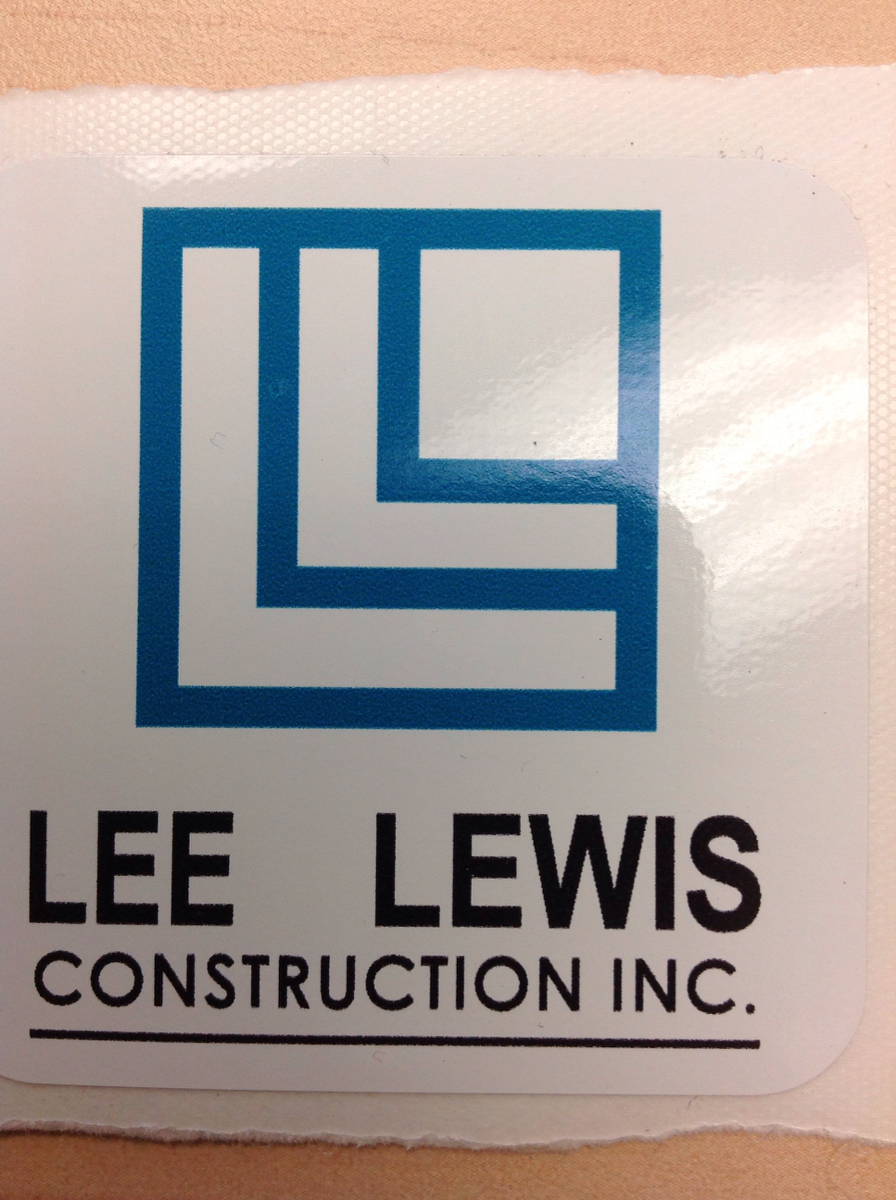Title Page
-
Document No.
-
Audit Title
-
Conducted on
-
Client / Site
-
Project Number
-
Prepared by
-
Location
-
Additional Personnel
PREVIOUS INSPECTION
-
All previous issues have been addressed?
WEATHER
-
Temperature
-
Rain
-
Wind
-
Dust
-
Site Flag Color?
REQUIRED DOCUMENTATION
-
JSA Completed
-
Excavation Permit
-
Hot Work Permit
-
Confined Space Permit
-
OSHA postings in place
-
OSHA 300 postings in place (Applies Feb 1 - May 1 only)
-
Workers Comp posters
-
Safety Program
-
HAZCOM / SDS
-
SWPPP
-
Certificates of Insurance
-
Emergency Telephone List
-
Emergency Action Plan
-
Safety Meetings Documented
-
HAZCOM Training Documented
-
Specialized Training Documented
SITE / MISCELLANEOUS
-
Persons Trained in First Aid / CPR / AED
-
Fire Extinguishers in Place, Charged, & Inspected (Around Site and Near any Flammable Source)
-
First Aid Kit on Site
-
Chemicals / Flammable Materials Properly Stored
-
All Hazardous Materials Properly Labeled
-
Warning Signs Prominently Displayed
-
Notices Posted at Entrances
-
Fuel Containments Being Used and Kept Up
-
High Pressure Gas Cylinders Chained in Place
-
Fences Intact and Gates Lockable
-
Storm Water BMP's in Good Condition
VEHICLES / MOVING EQUIPMENT
-
Adhering to Site Speed Limit
-
Seat Belts Properly Used
-
Windshields Clean
-
Windshields In Good Repair
-
Fire Extinguisher with Vehicle
-
Daily Inspection Turned In
-
Backup Alarms Working
MOWING / WEEDEATING
-
Properly Dressed
-
Use of Face Shield and Safety Glasses
-
Use of Proper Gloves
HOUSEKEEPING
-
Job Site Free of Accumulated Trash / Debris
-
Dumpsters on Site for Waste
-
Passageways and Walkways Clear
-
Forms and Materials Free of Protruding Nails and Screws
-
Portable Toilets Clean
-
Drinking Water Available on Site
-
Construction Materials Properly Stacked and Not Scattered
-
Spills, Leaks, or other Hazards
PERSONAL PROTECTIVE EQUIPMENT
-
Everyone Wearing Hardhats
-
Safety / Work / Hard Toe Boots
-
Safety Glasses / Goggles / Spoggles / Face Shields as Required
-
Everyone Wearing Safety Vest / Fluorescent Shirts
-
Gloves Being Worn While Performing Work
-
Respirators / Dust Masks when Required
-
Fit Test for Respirators Being Worn
-
Hearing Protection When Required
EXCAVATIONS
-
Competent Person on Site
-
Have Underground Utilities Been Located
-
Trenches / Excavations Properly Barricaded / Blocked / Covered
-
Trench Protection for Excavations 5' Deep or More
-
Ladders Properly Located to Surface (No More than 100' Apart)
ELECTRICAL
-
Ground Fault System Operational and Being Used by All Contractors
-
Portable Generators GFCI Protected
-
Extension Cords in Good Condition
-
Portable Generators Grounded
-
Power Tools in Good Condition / Ground Prong in Place
-
Lighting Suitable for Work Areas
-
All Electrical Boxes Properly Covered and Protected
PORTABLE HAND TOOLS
-
Operators Properly Trained (Including Powder Actuated Tools)
-
Powder Strips Picked Up
-
Powder Strips Properly Disposed Of
-
Cord and Tools in Good Condition
-
Guards in Place
-
Operators Wearing Proper PPE
MATERIAL HANDLING / FORKLIFTS / HEAVY EQUIPMENT
-
Forklifts / Heavy Equipment in Operational Condition
-
Daily Inspections Done
-
Fire Extinguishers on All Equipment
-
Backup Alarms Working
-
Seat Belts Properly Used
-
Only Operator Riding on Equipment
-
Rollover Protection
-
Hoist / Elevators in Operational Condition
CRANES / DRILLING RIGS
-
Daily Inspections Completed
-
Certified Operator
-
Certified Rigger
-
Swing Radius Properly Identified
-
Fall Protection in Place when Needed
-
Tag Line in Use
-
Chokers, Cables, Hooks in Proper Working Condition
FALL PROTECTION ( Heights of 6' or More)
-
Guard Rails in Place
-
Toe Boards in Place Where Required
-
All Guards and Rails Sufficient for Weight
-
Fall Protection Systems in Place When Required
-
Harnesses in Good Condition with Proper Label
-
Openings in Floors, Walls, and Roofs Protected
-
Handrails on Stairs
-
Barricades in Place When Needed, and Properly Supported
-
Impalement Prevention in Place (Rebar Caps etc.)
-
Slips, Trips, and Fall Hazards Identified
LADDERS
-
Proper Ladder Being Used for Job
-
Ladders Extended 3' Above Landing
-
Ladders Properly Tied Off
-
Fall Protection Being Used While Working Off of Ladders (6' or More off of Working Surface)
-
Field Ladders Properly Constructed
-
Commercial Ladders in Good Working Condition
-
Fiberglass Ladders Being Used
-
Extension Ladders Properly Joined, Secured in Place at Top and Bottom
SCAFFOLDS
-
Competent Person on Site
-
All Components are Damage Free
-
Daily Inspection Completed
-
Ladder Being Used for Access and Egress
-
Proper Foundation and Footing
-
Working Levels Fully Planked
-
Proper Planking Being Used and in Good Condition
-
Properly Secured / Tied Off at Required Intervals
-
Rails and Toe Boards Where Required
-
Area Under Scaffolds Properly Marked for Authorized Personnel Only
-
Rolling / Moveable Units Properly Supported with Wheels Locked in Place
-
Scissor / Boom Lift Safety Procedures Followed (Proper Footing, Safety Chains in Place, etc.)
-
Operators Properly Secured
WELDING & CUTTING
-
Hot Work Permit
-
Leads and Connections in Good Condition
-
Hoses in Good Operational Condition
-
Compressed Gas Cylinders Properly Stored
-
Gauges / Regulators in Working Order
-
Fire Extinguishers at All Welding / Cutting Locations
Conclusion
-
SUMMARY & RECOMMENDATIONS (Number, List, and Assign Responsibility to All Documented Issues and Violations)
-
Inspected By







